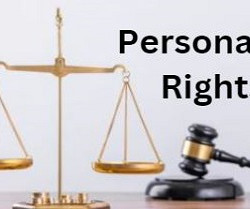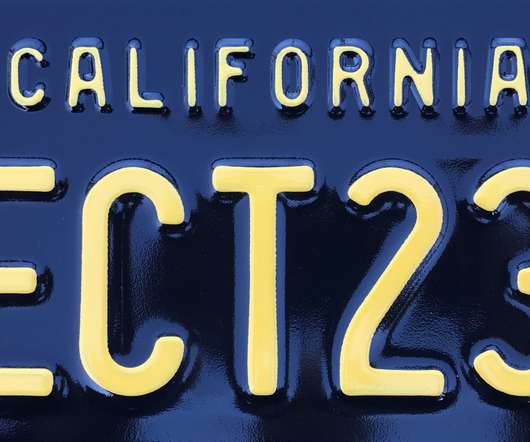False advertising-based antitrust claims against Facebook survive motion to dismiss
43(B)log
JANUARY 19, 2022
14, 2022) Once in a blue moon, a false advertising-based antitrust claim survives a motion to dismiss in a circuit that imposes a list of excessive requirements on such claims. Consumers and advertisers adequately alleged that Facebook has monopoly power in social network/social media (consumers) and social advertising markets.
















Let's personalize your content